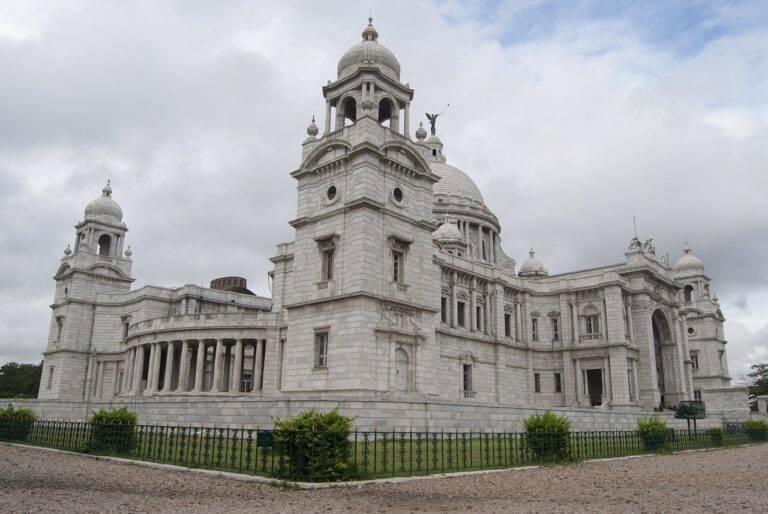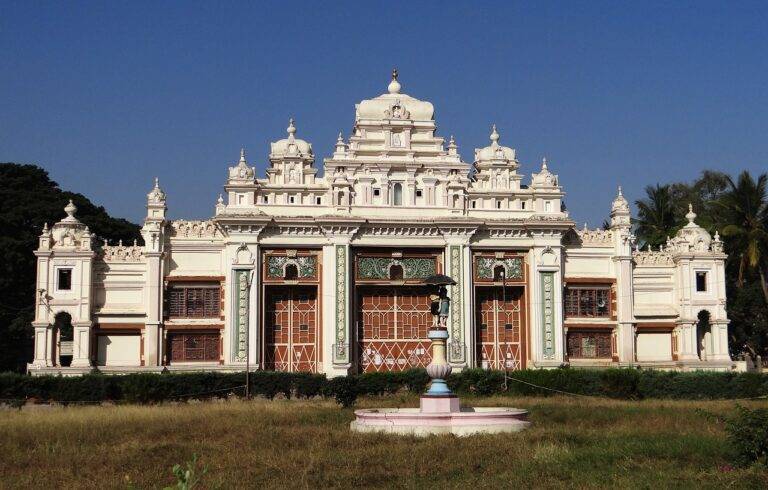Exploring the Intersection of Sports and Politics in Election Campaigns
From ancient civilizations to modern times, the intertwining of sports and politics has been a consistent feature of society. Throughout history, rulers and leaders have recognized the power of sports in uniting people under a common cause or identity. Emperors in ancient Rome used gladiator matches to distract the populace from political issues, while medieval monarchs in Europe endorsed jousting tournaments to showcase their wealth and power.
In more recent history, the use of sports for political gain has become increasingly prevalent. From Hitler’s manipulation of the 1936 Berlin Olympics for propaganda purposes to the Cold War era where sporting events were used as a stage for the competition between the Soviet Union and the United States, the impact of politics on sports has been undeniable. The influence of politics on sports is a dynamic and complex relationship that continues to shape the way we view and engage with both fields.
Key Moments in History where Sports and Politics Collided
During the 1968 Summer Olympics in Mexico City, two African-American track athletes, Tommie Smith and John Carlos, made a powerful statement during the medal ceremony. As the American national anthem played, both athletes raised their fists in a Black Power salute to protest racial inequality and discrimination in the United States. This act of defiance sparked controversy and debate about the intersection of sports and politics on a global stage.
Another significant moment where sports and politics collided was during the 1936 Berlin Olympics, held under Nazi rule. African-American sprinter Jesse Owens defied Adolf Hitler’s ideology of Aryan supremacy by winning four gold medals in track and field. Owens’s victories challenged Hitler’s racist beliefs and served as a symbolic blow to the Nazi regime’s propaganda, showcasing the power of athletic achievement in influencing political perceptions around the world.
• In 1980, the United States led a boycott of the Summer Olympics in Moscow to protest the Soviet Union’s invasion of Afghanistan. This decision highlighted how sports could be used as a tool for political leverage and international diplomacy.
• The 1972 Munich Olympics were marred by tragedy when Palestinian terrorists kidnapped and killed eleven Israeli athletes. The event underscored the vulnerability of major sporting events to geopolitical conflicts and raised questions about security measures at future Olympic Games.
• Tennis player Billie Jean King became an advocate for gender equality in sports during the 1973 “Battle of the Sexes” match against Bobby Riggs. King’s victory not only challenged traditional gender roles but also sparked discussions about equal pay and opportunities for female athletes in professional sports.
The Impact of Athlete Activism on Election Campaigns
Athlete activism has become a powerful force in shaping the discourse surrounding election campaigns. With the rise of social media, athletes now have a platform to amplify their voices and advocate for social justice causes. This form of advocacy has the potential to influence public opinion and even sway political decisions.
Through their visibility and influence, athletes have the ability to mobilize voters and bring attention to important issues during election campaigns. Their actions both on and off the field can inspire individuals to become more politically engaged and push for change in their communities. Athlete activism serves as a reminder that sports and politics are not separate realms, but rather interconnected spaces where athletes can use their platform to effect social change.
Why is the historical relationship between sports and politics important to understand?
The historical relationship between sports and politics helps provide context for the impact of athlete activism on election campaigns.
Can you provide some examples of key moments in history where sports and politics collided?
One key moment was during the 1968 Olympics when American sprinters Tommie Smith and John Carlos raised their fists in a Black Power salute. Another example is when Muhammad Ali refused to be drafted into the Vietnam War.
How does athlete activism impact election campaigns?
Athlete activism can bring attention to social and political issues, influence public opinion, and even sway voter behavior during election campaigns.





